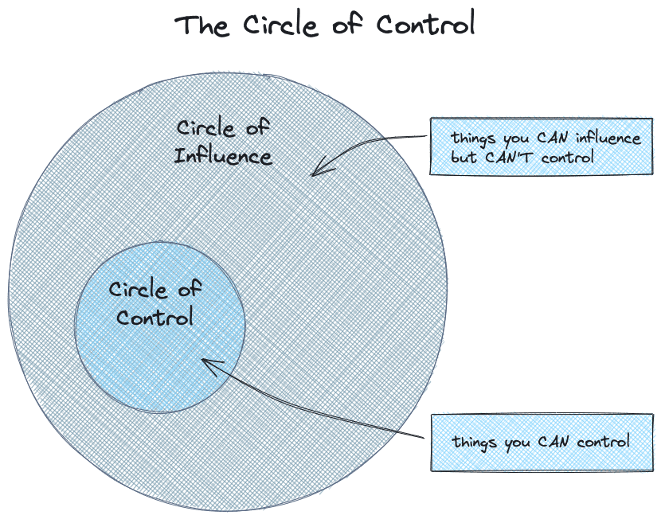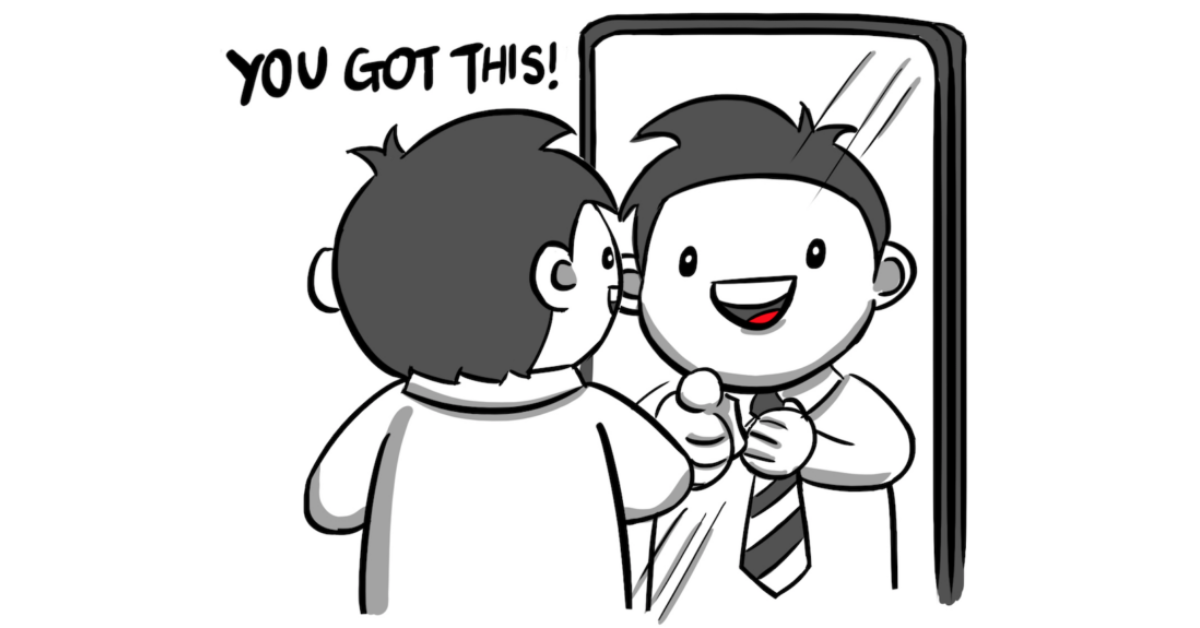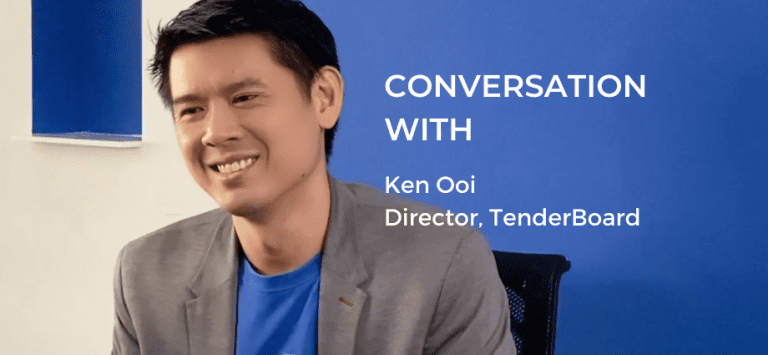Guest Article by John Lim, founder of liveyoungandwell.com
You’ve finally incorporated your new, shiny service business, gotten your ACRA registration, but now… how do you get those sales?
You read articles on how you should ‘always be closing’, only to find more and more people move away after talking to you for a while at networking events.
You hear how cold emails still work, and you try them… only to hear crickets.
You’re desperate. You start looking on job boards for full-time employment, wondering if starting a business was such a bright idea after all.
Hold on.
Don’t give up yet.
There might be something you’ve not considered yet.
Is there a place where you can:
- Find work that organisations have clearly scoped out for you, without having to constantly do cold outreach to ask for work,
- Have a higher probability of winning,
- And learn from what went wrong?
It may sound too good to be true.
It’s called TenderBoard. Before you dismiss tenders, hold on. Hear me out.
The Challenge of Tenders
When you’re a small team with one or two people, or with your annual revenues being less than $100,000, you might think that projects that are being tendered are too large for you.
After all, if you look at the likes of GeBiz, the average contract value seems to be quite large.
You might not feel up to building an entire MRT station, but you could definitely renovate an office.
You might not feel ready to take on the entire content schedule of an entire government agency, but you could make a video.
You just feel that your company may not be able to take on the scope of the entire project that is being asked for.
Another pain-point you might face is that you might think the competition is just too good for you. When most of the work you’ve done in your portfolio has been for friends of friends (or family), you might think that your portfolio hardly compares to the multimillion dollar companies your competitors seem to have in their portfolio.
Sure, you may not have fancy logos in your portfolio, but hold on. There’s hope. Let me share with you our story.
When We were Close to Broke
In October 2021, I left my job without another job lined up. I couldn’t find another job despite applying for more than 106 roles and going for 31 interviews.
I was close to not being able to eat.
I started freelancing for different media sites.
Lo and behold, by the end of 2022, we were still not dead.
Despite having earned only 27k for 2022, we realised we needed to take on bigger projects or risk being caught in a never ending cycle of pitching for a few hundred dollars of work at each time.
We found TenderBoard.
But when we first started, we held the mentality,
But we are so small!
How can we win against the big boys?
We don’t have fancy marketing decks.
How can we possibly win anything?
After one bid (which we lost), we gave up.
We saw it as validation of our point.
But in May 2022, with cold emails and referrals not yielding more clients, and clients stopping their engagements with us, we decided to go back to TenderBoard.
We pitched for a total of 5 different deals, and found ourselves winning 2.
How? This is where technology comes in.
Leveraging Technology to Find Business
Looking for new business is tough.
Without any prior connection or knowledge about the customer, it is difficult to ensure you connect with them at a time when they need your services.
With tenders, we know when these organisations are looking for our services, and how they want it done.
They even put out a clear description of the requirements they are looking for! This means lesser cold pitches that try to sell everything, including the kitchen sink.
Since we can review their requirements to bid for the project, we can place bids they actually want.
With tendering portals such as TenderBoard, we were able to go online and look for these opportunities to help us target potential customers.
But you may ask,
How were we able to win deals, even when we were so small?
Competitive Pricing
Some call it ‘undercutting’, but we see it more as offering competitive pricing because of how we were able to do two things.
Knowing what the client wants, and the outcomes they hope to achieve
Firstly, we made sure that we knew what exactly the client wanted. For every tender document that was shared, we would go through the requests on the line items. We would consider if they were really necessary to the outcomes that the client wanted.
In one instance, the client asked for video editing services to showcase their new facilities. We won it with a competitive bid because we saw that there was no filming required. All that was needed was transitions, on top of photos that the client would provide to us.
During the contracting phase, we also made sure that the client knew what they were getting. We reminded them of what we would do, and would not do.
But we also offered them options, to the possible problems that might arise such as the fear that the end result would not look polished enough.
These additional options would come with a cost.
It ensured that in bidding competitively, we trimmed the fat, and kept the gist of what would deliver the most value for the client.
Some things matter more than price
Secondly, we shared a clear implementation plan if we were awarded the tender. We would give a clear timeline, with the actions that were to be finished by each date.
We began to see that the skill wasn’t just in sales, but in project managing.
Organisations tender out projects because they would like the best price and result, within the set time.
Organisations want to know that they can trust you with the work. Whilst organisations were definitely looking at the price and quality of past works, they also wanted reliability. It was the reliability to deliver work on time, and to the scope.
Mindset Matters
When you first start with TenderBoard, you may find yourself saying,
Is our past work really going to be good enough to win?
You would never know what the competition is like. But as Stephen Covey once shared in “The 7 Habits of Highly Effective People”, sometimes it makes more sense to focus on things you can control, rather than the things that are out of your control.

| What is within your control | What is uncontrollable |
| Your pricing | The pricing of other companies |
| Your understanding of the client’s needs, and what can deliver the outcomes they are looking for |
What other companies pitch |
| Your portfolio | The other companies that bid, and how ‘good’ they are |
Focusing on the things you can control can keep you hopeful and focused, rather than worried and anxious.
Having Hope
‘Hope’ sounds like those big, airy-fairy words that people throw around when they don’t know what advice to give.
But hope can also be practical.
When you’re in business, it’s easy to lose hope when rejections happen. You lose a deal. Your partner leaves. And you’re left all alone.
You wonder if you can even pay your own bills.
In times like that, practical hope is remembering the many qualities you have, and how you’ve shown them in the past. And most importantly, believe that the work you’re doing is of value. That however small the deal seems, it may not be making a difference to millions, but it’s still making a difference to the life of one.
Writer Bio
John is the founder of liveyoungandwell.com, a communications agency that creates written content that helps companies to grow their sales through Public Relations and content marketing.













